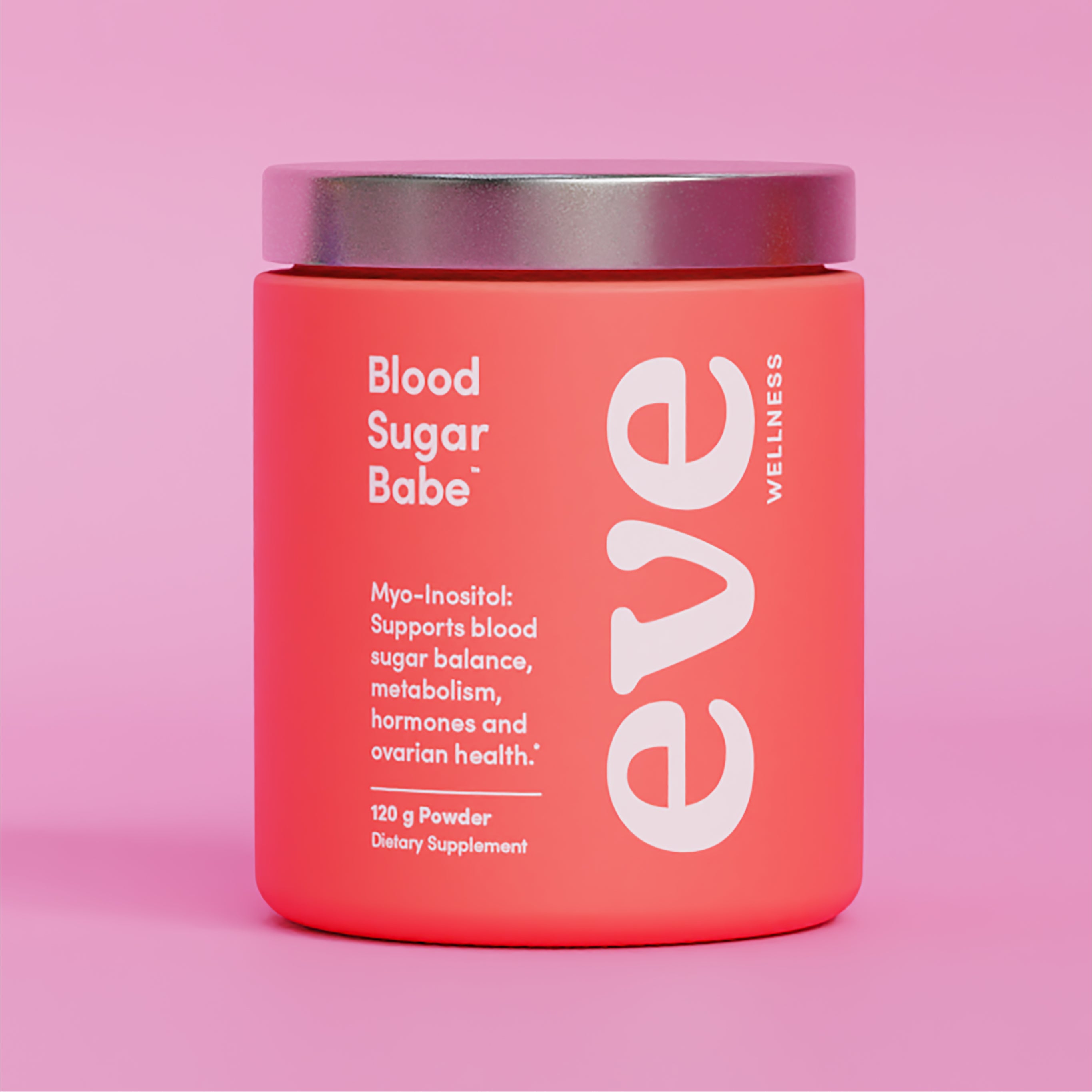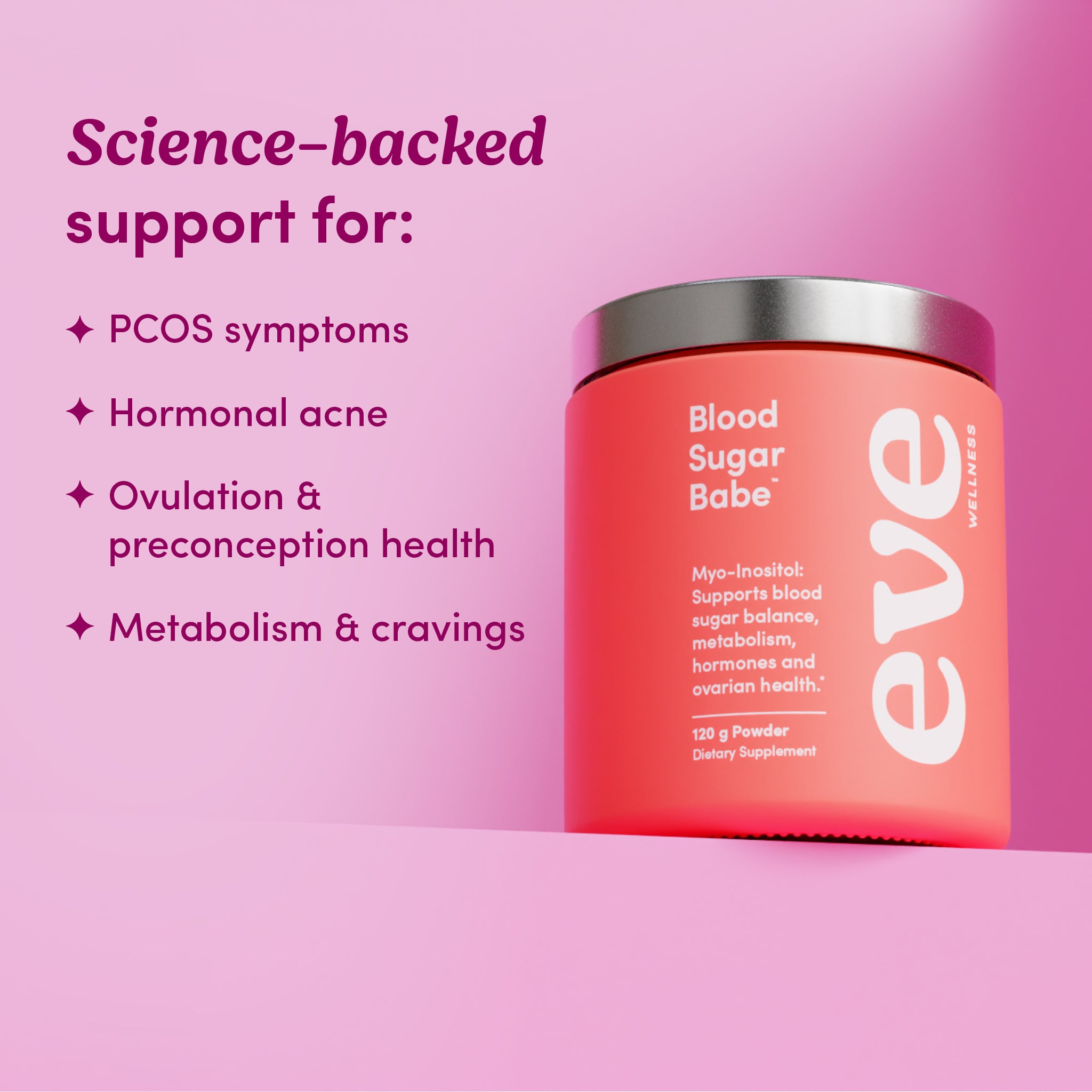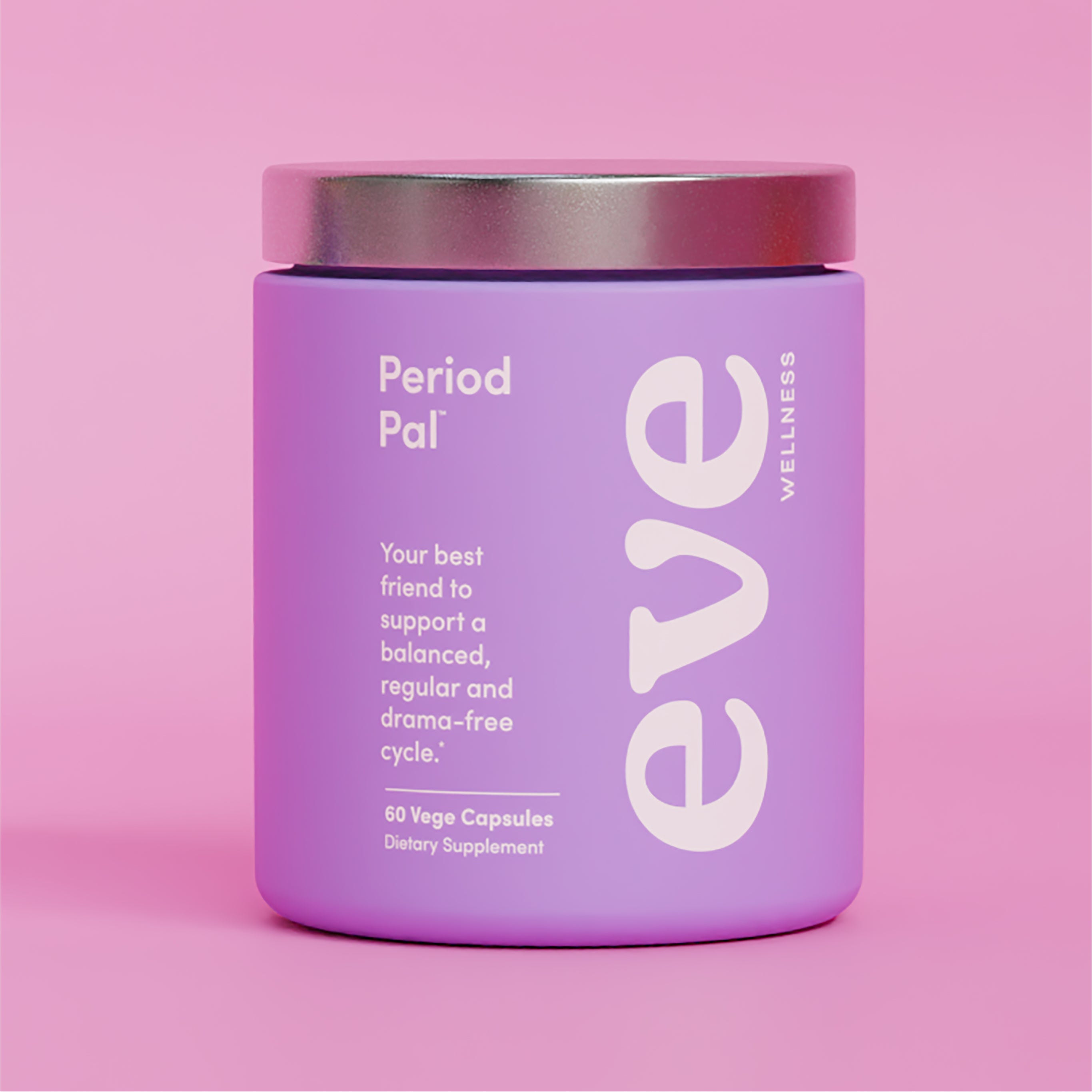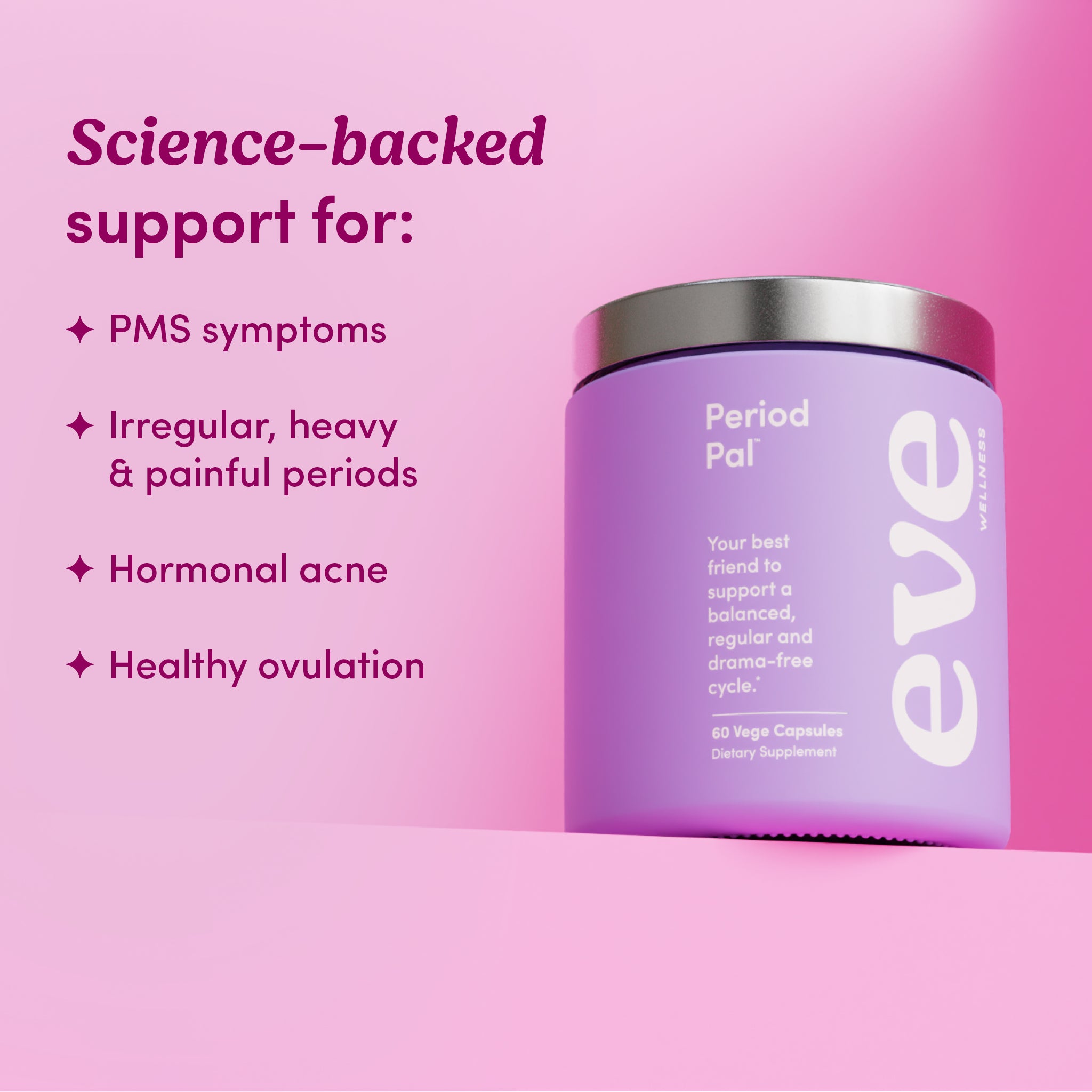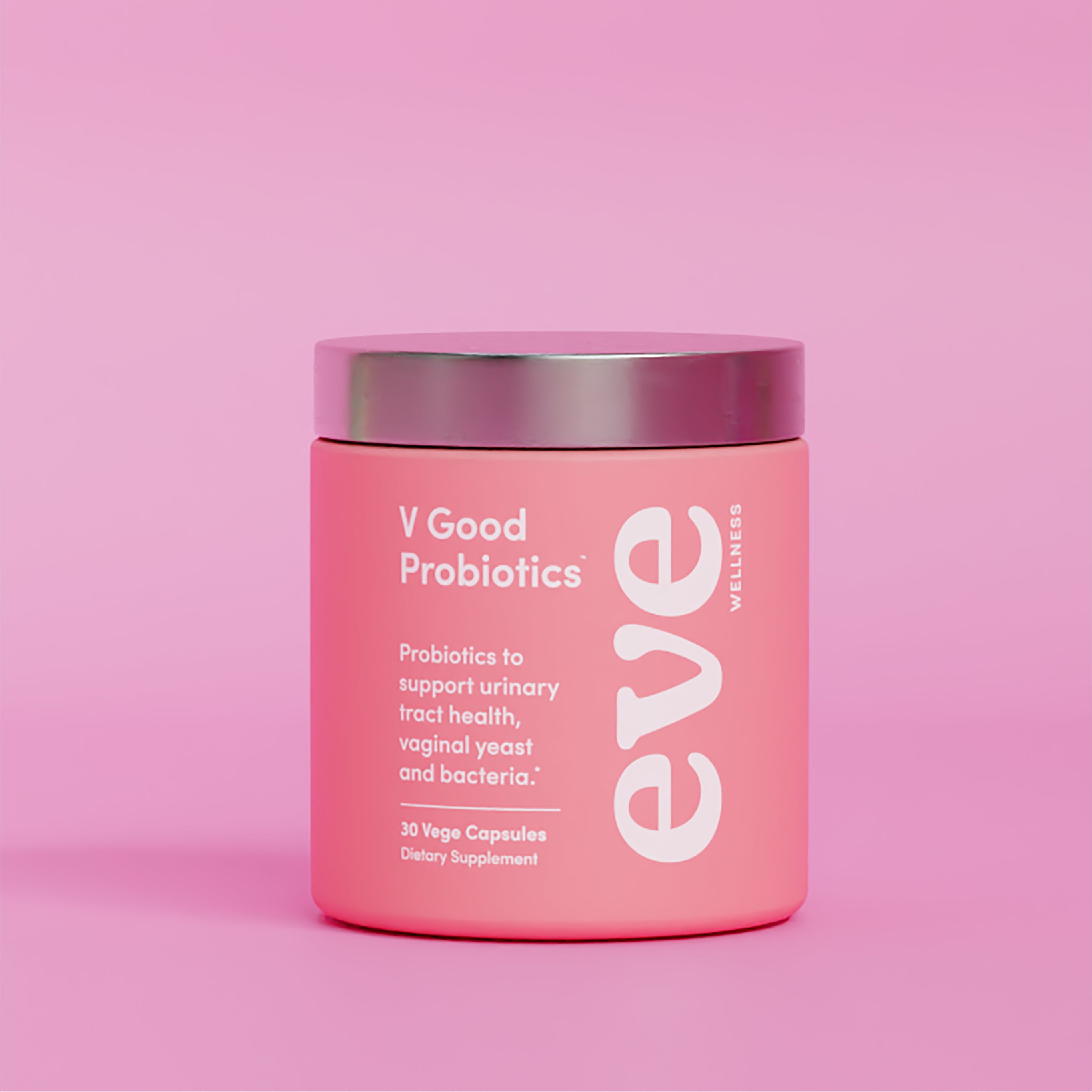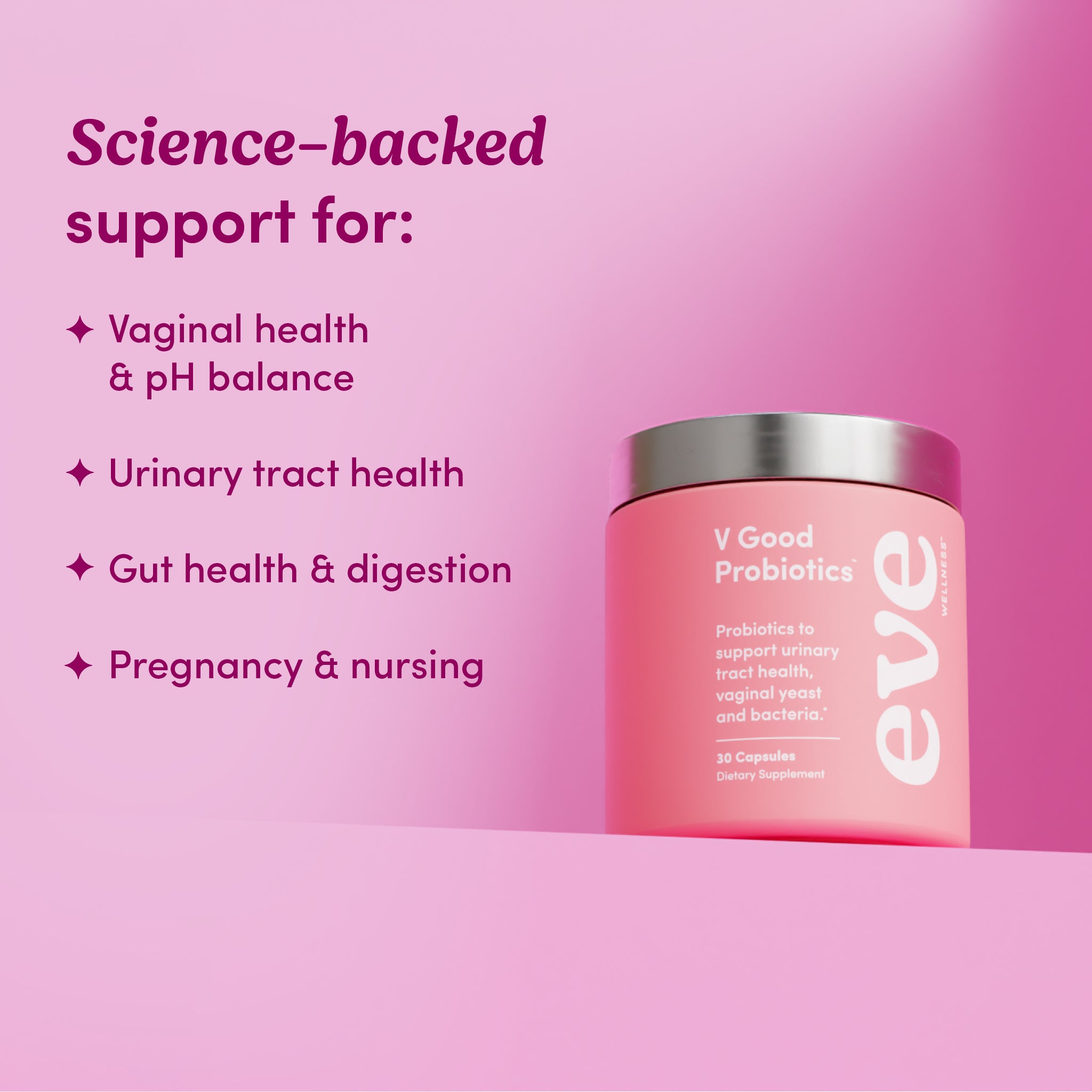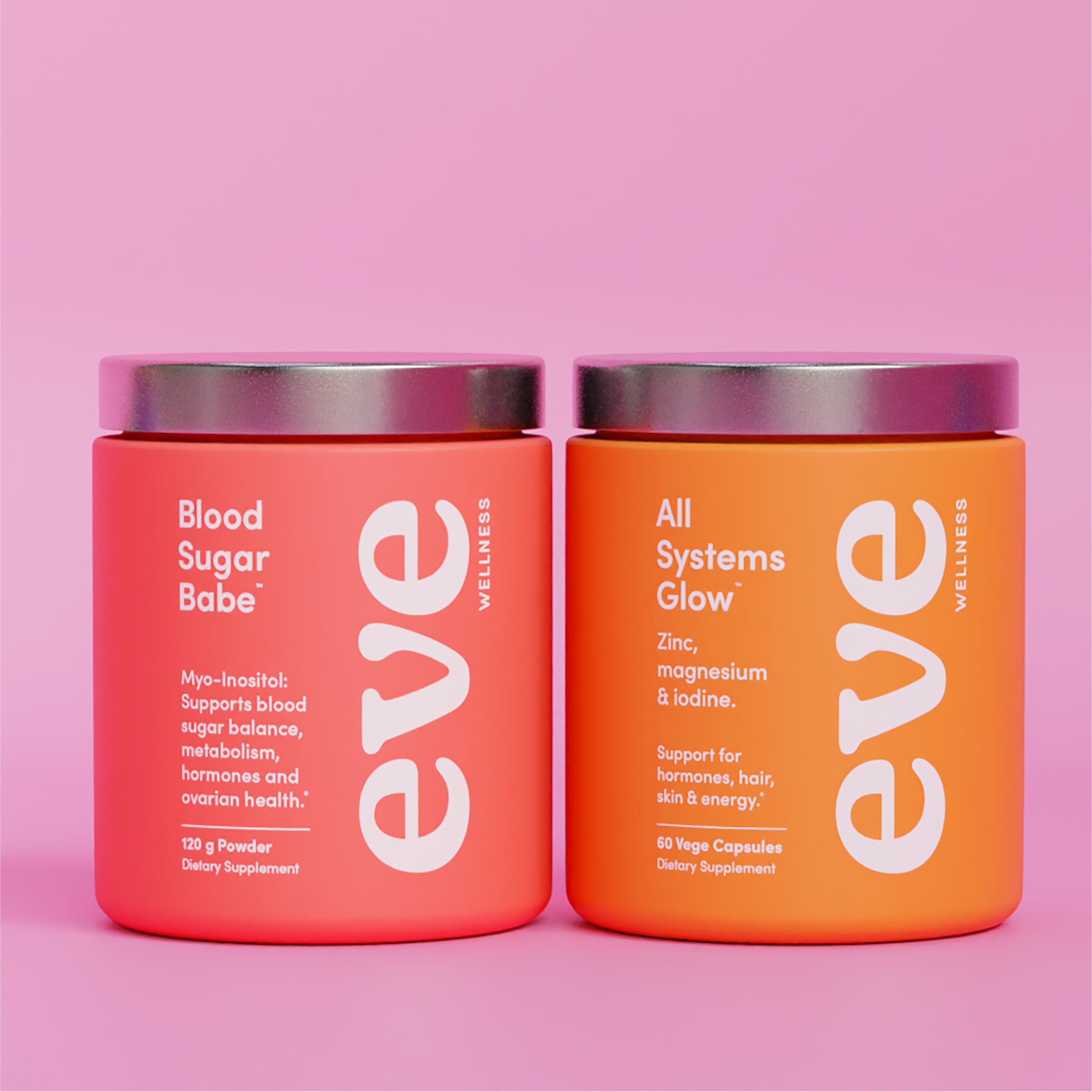The food you eat has the power to either support the optimal functioning of your hormones, or contribute to hormone imbalance. So when it comes to balancing your hormones, nutrition is a pretty big deal.
Plant-based, low carb, keto, fasting, celery juice, gluten-free, dairy-free, organic, vegetarian, paleo—type ‘the best way to eat for health’ into your Google search bar and plethora of conflicting information that comes back both conflicting and overwhelming.
Probably enough to make you think this topic is far too confusing to understand, let alone put into practise. We get it.
That’s why we’re taking this topic right back to the tried and true basics of nutrition for women’s health. We asked our Health Consultants, (A.K.A the wonderful team that includes clinical nutritionists, NZ registered dieticians and naturopaths), about what they eat to balance their hormones & why.
Rather than bore you with food diaries, we’ve turned what they told us into 5 ways to support your hormones through food.
A word of caution:
These tips are fairly broad, because no offence dear reader, but we don’t know you from a bar of soap. We are all so different. For example, some people do really well on starchy carbs such as potatoes, kumara and gluten free grains, whereas for others, these types of foods can leave them feeling sleepy and unsatisfied.
1. BREAK-THE-FAST WITH PROTEIN
Healthy hormone eating 101: to keep your hormones happy, you need good blood sugar balance, which means eating to stay satisfied and to avoid feeling shaky, unfocused or moody when hungry (all signals that your blood sugars might be taking a nosedive).
Our Health Consultants warn against signs such as craving carbs and sugar, or feeling constantly hungry. These are signals that you’re not fuelling your body well, and this can contribute to unhappy hormones.
Starting the day with a nourishing, balanced breakfast that stabilises your blood sugar levels is one of the best and simplest ways to support balanced hormones.
The thing is most traditional ‘breakfast’ food is high carb, has a high glycemic index (GI) - meaning that it turns to sugar in the blood very fast - and leaves you looking for the snacks come 10am.
The solution: eat a protein-rich breakfast within a couple of hours of waking.
Protein supplies amino acids which are crucial for the body to repair itself and make its own essential hormones. Protein also provides steady, sustainable energy that will keep you full for longer.
Our Health Consultant’s favourite sources of protein at breakfast time include:
- 2-3 free range eggs;
- A natural protein powder added to a smoothie (avoid ones with any funny looking ingredients or sugars e.g. maltodextrin, sucralose etc);
- Nuts & seeds;
- Natural greek yogurt (if you tolerate dairy well);
- Salmon or other fresh fish;
- Leftover mince or steak (free range and organic preferably).
By starting your day with a good hit of protein, you should find you feel grounded and focused, and don’t feel a need to snack before lunchtime. Try it and report back!
2. DON’T SKIMP ON HEALTHY FATS
For a while, fat was the most misunderstood macronutrient of all. For years we were told that fat free = healthy, and that cholesterol and saturated fats were bad.
Thankfully for our health and hormones, science has shown the error of our ways and now demonising dietary fats is so 2005.
Our Health Consultants love healthy fats as they contain a range of key fat-soluble vitamins, such as A, D, E, and K, and provide slow burning energy to compliment the energy from carbohydrates and keep blood sugar stable.
Fats are also the precursors to our hormones—they are the raw materials we need to make hormones like progesterone, oestrogen, and testosterone.
While high cholesterol is a concern for some people, low cholesterol can also translate to hormone imbalance. Our Health Consultants tell us that it’s all about eating the right kinds of fat to support healthy cholesterol levels, and steering clear of the not so great fats that increase the bad kind of cholesterol.
Great sources of the right kind of fat include:
- Avocados;
- Nuts & seeds;
- Eggs;
- Coconut yoghurt;
- Cold pressed oils such as extra virgin olive, avocado and coconut;
- Fatty fish such as salmon and sardines.
- Avoid canola, rice bran and vegetable oils.
3. CARBS AREN’T THE ENEMY
Low carb or ‘keto’ diets are somewhat of a buzz in the health and fitness world at the moment. The idea behind them being that without glucose from carbohydrates for energy, the body is ‘forced’ to use fat for fuel instead.
While this sounds great in theory, the reality is that our bodies are a whole lot more complicated than that.
Our Health Consultants have observed through clinical practice and scientific research that female sex hormones can be particularly sensitive to both under eating, and restricting entire food groups such as carbs.
From a physiological standpoint, forcing the body to use ketones (fat) for energy can be more stressful than using glucose from carbohydrates. This can increase cortisol levels and throw your delicate balance of sex hormones out of whack, as the two are made from the same precursor hormone, pregnenalone.
While we’ve seen some women with insulin-resistant hormone imbalances such as PCOS might do well on lower carbohydrate diet, many women find they simply need carbs to feel balanced, energised and healthy.
Research suggests that non-inflammatory starches such as rice, potato, pumpkin and kumara are actually calming on our nervous systems; and can support the cortisol and stress response, and restful sleep.
Eaten alongside a source of both protein and fat, gentle carbohydrates promote stable blood sugar, energy and mood. Win, win, win.
4. GREENS ARE IMPORTANT
Eat your greens. Quite possibly the most basic but most important nutrition advice there is.
Before you roll your eyes and tell us you’ve heard it all before, just listen. Leafy greens such as spinach, kale, watercress, silverbeet and micro greens are amongst the most nutrient-dense foods on the planet and are also full of fibre, folic acid, chlorophyll, and a whole heap of other micronutrients and phytochemicals.
No where else can you find calcium, magnesium, iron, potassium, phosphorous, and zinc, as well as vitamins A, C, E and K in a tasty, ready-to-eat package.
Our bodies need nutrients to do pretty much everything; like make all of our hormones, give us energy, rejuvenate our cells, detoxify last nights pinot gris and so on.
If you don't eat foods with the nutrients you need, your body cannot produce hormones correctly or maintain hormonal balance because it simply doesn't have the building blocks to do so.
A top tip from our Health Consultants is to aim for a serving of greens with each meal. Whether that's in a smoothie, salad, slaw, stir fried, steamed or otherwise - it’s all good. Just play around to find what works for you.
For more support in the nutrient department, try All Systems Glow - your 3-in-1 wellness hack.
5. SOUL FOOD IS IMPORTANT TOO
Yes, food is fuel and nourishment; but it’s also a whole lot more than that. It’s pleasure, experience, comfort and often a form of socialising too.
Our Health Consultants always highlight with their clients that eating nutrient dense wholefoods doesn’t need to mean feeling restricted, deprived or as though you’re missing out.
At Eve, we’re pretty passionate about eating well, but we’d be lying if we said there were never gluten-free brownies cooling in the kitchen or dark chocolate being passed around at 3pm. It’s all about finding a way of eating that’s sustainable, and usually that means finding the sweet spot between feeding your body and your soul.
Let’s face it, even stressing about food is still a form of stress, which we probably don’t have to tell, isn’t that great for your hormones either.
The key takeaway from our Health Consultant’s point of view? Do the best that you can, when you can, and try not to get caught up in the details.
Nutrition isn’t all or nothing; something is always better than nothing.
